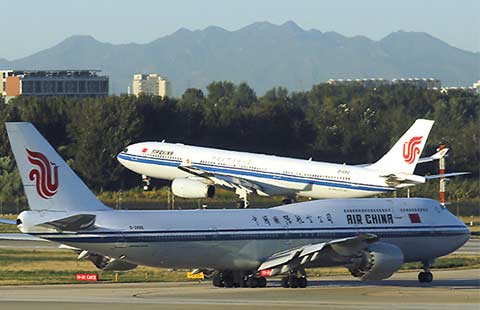Regulator tightens rule on mutual fund risky investments
By Li Xiang (China Daily) Updated: 2016-05-21 08:06
China's top securities regulator said on Friday it will tighten regulation on subsidiaries of the country's mutual funds, to curb the explosive growth in areas of risky investments that it says were "blindly expanded" and that analysts say exist in a regulatory void.
The regulatory move came as the mutual funds have feverishly expanded their assets under management by setting up subsidiaries to invest in more risky nonstandardized assets such as private equity, the property market and the financing projects of local governments.
As of March, 79 mutual funds had set up such subsidiaries which have seen their asset under management surge to 9.84 trillion yuan ($1.5 trillion), according to data from the China Securities Regulatory Commission.
The rapid asset growth has prompted the watchdog to draft a new guideline that focuses on improving the risk control system of the mutual funds units and enhancing their internal risk management and compliance, CSRC spokesman Deng Ge told a news conference.
Deng said the CSRC has conducted a fresh round of inspections of the mutual funds' subsidiaries and found that some firms have "blindly expanded highly risky businesses" without establishing necessary risk-control and capital constraining mechanisms.
In 2012, the regulator allowed mutual funds to set up subsidiaries in a bid to expand and diversify their investment scope.
But the operation of their subsidiaries has largely existed in a regulatory void.
There is no capital requirement on the subsidiaries of the mutual funds except for a minimum of 20 million yuan as registered capital. Industry experts said that many firms do not have sufficient capital to cover the loss of their risky and often less liquid investments.
- China vows to strengthen manufacturing via internet
- China to cut prices of expensive patent drugs
- China to roll out mature 5G standards by 2020
- Alibaba says committed to fighting counterfeit brand goods
- Samsung partners with China's Alipay
- Internet fraud on the rise as payments by mobile boom
- Vanke to finance US apartment tower
- Uber lures clients with art

















